Creating Smart Factories with Robotic Automation
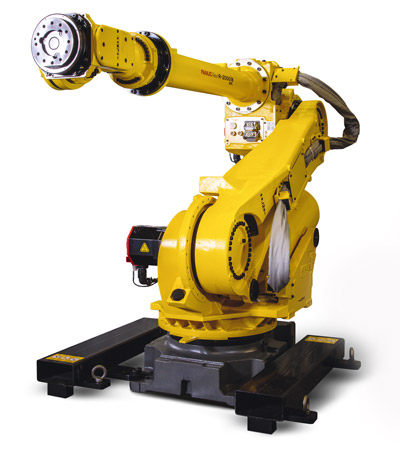
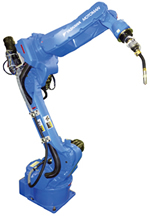
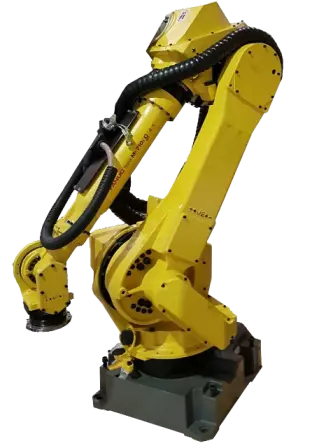
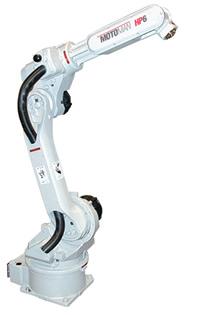
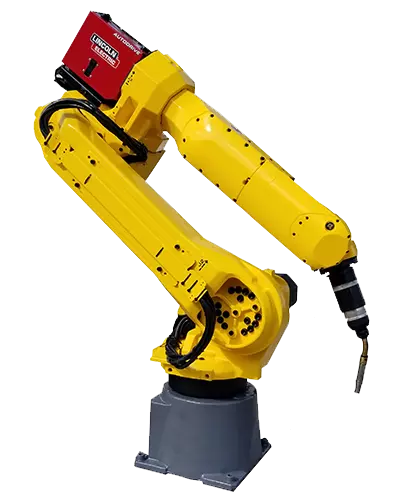
Manufacturing has always been continuously evolving. In the beginning manufacturing relied on manual labor and then evolved to heavy machinery and eventually to industrial robots when they were introduced. The manufacturing sector has now entered its fourth industrial revolution also known as Industry 4.0. This fourth industrial revolution involves the complete automation of manufacturing through industrial robots. While industrial robots are not necessarily new to manufacturing, the concept of a smart factory is.
A smart factory is a concept referring to the complete digitalization of a manufacturing operation and is part of Industry 4.0. The creation of a smart factory relies on the use of industrial robots as they can automate manufacturing applications while communicating through a central network, often referred to as the Internet of Things (IoT). Industrial robots can be integrated with sensors and software that allow data to be collected and communicated across all manufacturing systems for a completely optimized production process.
There are many benefits to automating manufacturing processes with industrial robots. Robots are faster, more accurate, and consistent in their operation than humans or other machines. Using the FANUC Lr Mate 200id for assemblies can significantly reduce cycle times through its speed and precision. Robotic automation increases productivity, product quality, and efficiency. Integrating robots with sensors such as robotic vision or force gives them greater autonomy, allowing them to make adjustments dynamically making the concept of a lights-out manufacturing facility a reality.
Digitalizing manufacturing through connecting industrial robots to a central network in a smart factory streamlines data collection. More data is able to be collected which provides in depth analysis to address issues, respond to changes, and improve manufacturing applications.
Benefits of Smart Factories
One of the benefits of a smart factory is a streamlined production line. Fewer industrial robots are needed to automate a production line due to their faster speeds and longer operation hours. The FANUC M-20ia can handle the same workload that would require three to four workers. Fewer resources are utilized in a smart factory reducing the overall cost of a manufacturing process. Streamlining communications to a single network ensures pertinent data is not overlooked.Utilizing fewer resources including both automated equipment and software along with less material waste and less labor all result in lower production costs. With a smart factory concept, articulated robots are able to manufacture higher quality products at a lower cost, expanding the profit potential of a manufacturer.
Another benefit of smart factories is greater flexibility. One of the biggest hurdles today’s manufacturers face is increasing consumer changes for both product demand and interest. Manufacturers need a production environment that can quickly adapt to changes without much disruption or cost incurred. Smart factories allow for greater flexibility as they run mainly on industrial robots. Many industrial robots are multipurpose with the ability to automate a variety of applications. The FANUC R-2000ib/165F can be programmed for automated machine tending one day and switched to robotic assembly the next day. Smart factories allow manufacturers to keep up with changing consumer demands which allows them to ultimately be able to survive the increasingly competitive world marketplace.